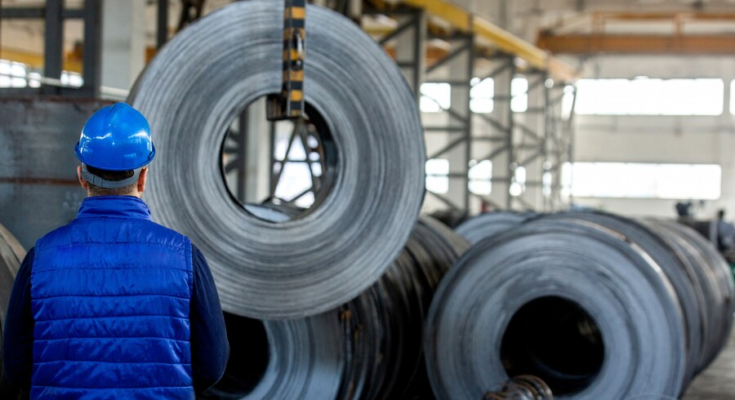In industrial refrigeration, the evolution of spiral freezers stands as a testament to innovation in food processing technology. At the heart of these advanced freezing systems lies a crucial component: fabricated steel supplies. These materials not only form the structural backbone of spiral freezers but also play a pivotal role in enhancing efficiency, durability, and operational excellence.
The Evolution of Spiral Freezers
Spiral freezers represent a significant leap forward in the food processing industry, offering unparalleled advantages in freezing capabilities. Unlike traditional linear freezers, spiral freezers utilize a continuous belt that moves products through a helical freezing chamber. This design maximizes floor space utilization while ensuring consistent and efficient freezing of various food products.
Importance of Fabricated Steel Supplies
Fabricated steel supplies serve as the fundamental building blocks in the construction of spiral freezers. These supplies encompass a wide range of components, including structural frames, support beams, conveyor systems, and intricate casing panels. Each element is meticulously crafted to withstand extreme temperatures, moisture levels, and mechanical stresses inherent in freezer operations.
Structural Integrity and Durability
The primary advantage of fabricated steel supplies lies in their unmatched structural integrity and durability. Steel, known for its strength-to-weight ratio and resilience, forms the core material for critical freezer components. Advanced fabrication techniques ensure precise dimensions and high tolerance levels, crucial for seamless integration within spiral freezer assemblies.
Enhancing Operational Efficiency
Innovations in fabricated steel supplies have revolutionized the operational efficiency of spiral freezers. Lightweight yet robust materials facilitate easier assembly and installation processes, reducing construction timelines significantly. Moreover, modular designs allow for scalability and customization to meet diverse freezing requirements across different food processing sectors.
Advanced Thermal Properties
One of the defining characteristics of fabricated steel supplies for a Spiral freezer is their advanced thermal properties. Specialized coatings and insulation materials enhance thermal conductivity and resistance, minimizing energy consumption during freezing operations. This not only lowers operational costs but also aligns with sustainability initiatives by reducing carbon footprints.
Precision Engineering in Component Manufacturing
The manufacturing process of fabricated steel supplies involves precision engineering techniques to meet stringent quality standards. Computer-aided design (CAD) and computer numerical control (CNC) machining ensure that each component is tailored to exact specifications. This precision is crucial for maintaining optimal performance and reliability in spiral freezer installations.
Integration of Conveyor Systems
Conveyor systems within spiral freezers are pivotal in facilitating the seamless movement of food products through the freezing process. Fabricated steel supplies contribute to the design and construction of robust conveyor frameworks that withstand continuous operation under sub-zero conditions. This integration streamlines production workflows while maintaining product quality and hygiene standards.
Innovations in Casing Panels
Casing panels, another critical component fabricated from steel supplies, have undergone significant innovations in recent years. Lightweight composite materials and advanced sealing technologies enhance insulation properties and minimize thermal leakage. This innovation not only improves energy efficiency but also reduces maintenance requirements, prolonging the lifespan of spiral freezer installations.
Future Trends and Technological Advancements
Looking ahead, technological advancements in fabricated steel supplies for spiral freezers continue to drive innovation in food processing. Emerging trends include the integration of smart sensors and automation technologies to optimize freezer operations further. These innovations promise to enhance real-time monitoring, predictive maintenance, and overall operational efficiency in food production facilities.




